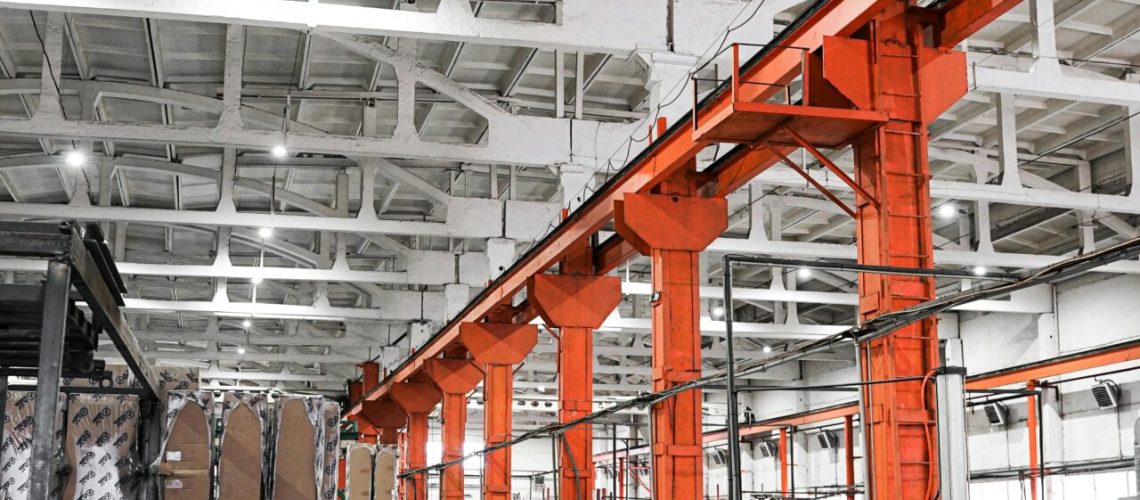In today’s connected world, factories are no longer just physical spaces filled with machines — they are digital ecosystems. Every device, from PLCs to sensors, is connected through a network, exchanging critical data. This connectivity enables efficiency and real-time decision-making, but it also introduces new risks.
🔹 The Role of Industrial Networking
Industrial networking links machines, controllers, and enterprise systems. Protocols like Modbus, OPC UA, and IEC 61850 ensure seamless communication between different devices. Without these standards, integration would be slow, error-prone, and limited. Networking is the backbone of smart factories, enabling SCADA systems, cloud dashboards, and predictive analytics.
🔹 Common Vulnerabilities
Unfortunately, this connectivity opens the door to threats. Industrial networks are often targeted by cyberattacks, malware, and unauthorized access. Legacy systems with weak security make factories vulnerable to downtime or even catastrophic failures. Unlike office IT, industrial systems cannot afford long outages — a single disruption can cost millions.
🔹 Safeguarding Automation Systems
Cybersecurity is no longer optional; it must be built into every project. Companies should:
- Implement role-based access controls.
- Regularly update firmware and security patches.
- Segment networks to limit the spread of attacks.
- Train employees on cybersecurity awareness.
- Use secure protocols and firewalls at every level.
🔹 The Future Ahead
As factories embrace IIoT and cloud integration, cybersecurity will be as critical as safety helmets on site. Businesses that invest in secure networking gain not only protection but also trust, resilience, and competitive advantage.


